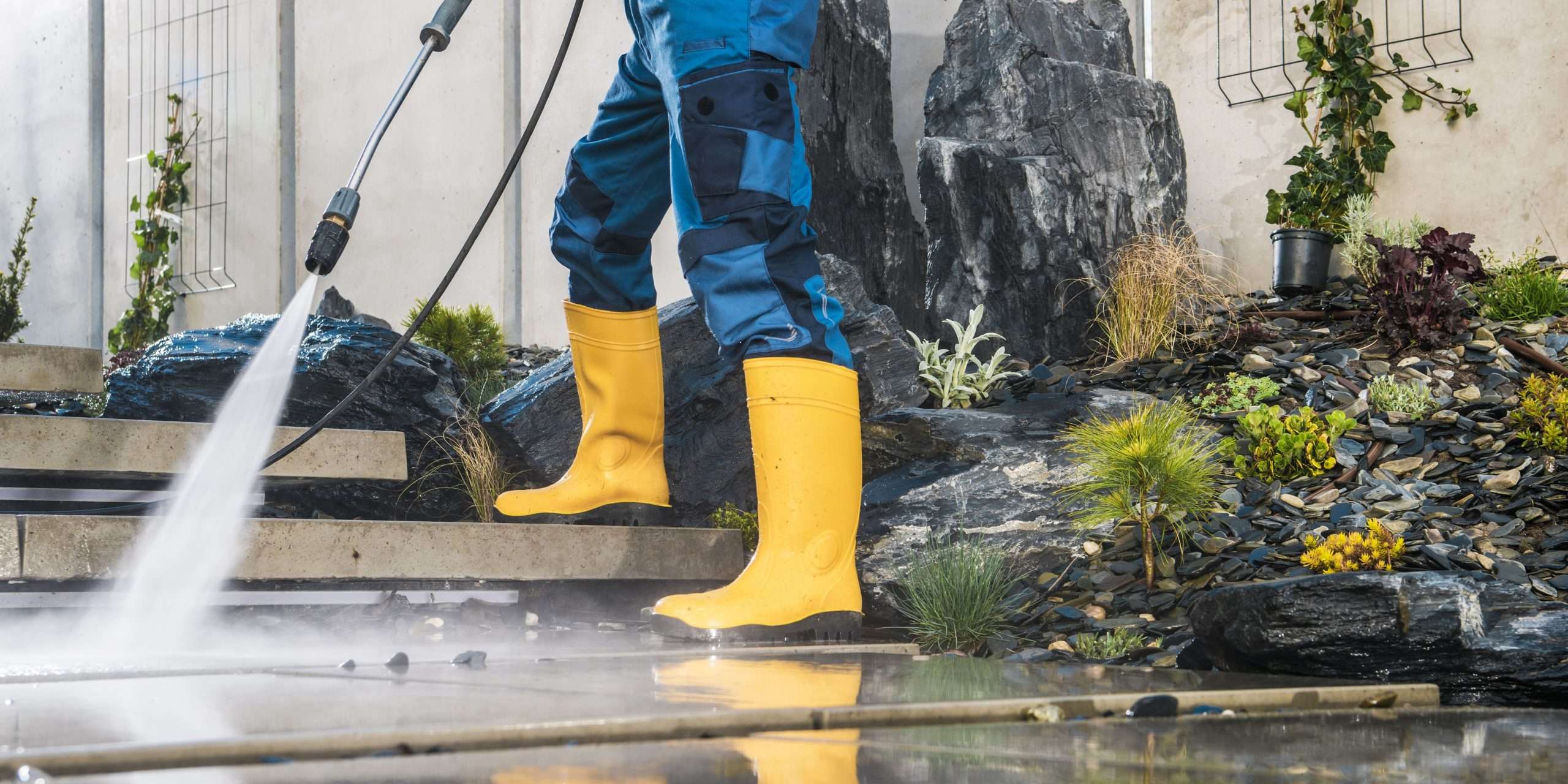Pressure washers are versatile tools used for cleaning a variety of surfaces, from patios and driveways to vehicles and industrial equipment. When it comes to pressure washers, two primary types are available: hot water and cold water. Understanding the differences between these two options is crucial to determining which one is right for your specific cleaning needs. In this blog post, we will compare hot water and cold water pressure washers, highlighting their advantages and best-suited applications.
Hot Water Pressure Washers
Hot water pressure washers, as the name suggests, employ heated water in the cleaning process. These machines are equipped with a heating element or a coil that heats the water before it is expelled through the nozzle. Hot water pressure washers offer several benefits that make them suitable for certain cleaning tasks.
- Enhanced Cleaning Power: The heat in hot water pressure washers increases the effectiveness of cleaning agents and dissolves tough grime, grease, and oil more efficiently than cold water alone. This makes hot water pressure washers ideal for cleaning surfaces with stubborn stains or heavy oil and grease buildup.
- Time Efficiency: Due to their superior cleaning power, hot water pressure washers can complete cleaning tasks more quickly than their cold water counterparts. The heat helps to loosen dirt and grime, allowing for faster and more efficient cleaning.
- Sanitization: Hot water is effective at killing bacteria, germs, and mold. Hot water pressure washers are particularly useful in environments that require high levels of cleanliness and sanitation, such as hospitals, restaurants, and food processing facilities.

Cold Water Pressure Washers
Cold water pressure washers, on the other hand, rely on unheated water for cleaning purposes. They are generally more affordable and have their own set of advantages that make them suitable for various cleaning applications.
- Affordability: Cold water pressure washers are typically less expensive than their hot water counterparts. If you have budget constraints or don’t anticipate dealing with heavy stains or grease, a cold water pressure washer can be a cost-effective solution.
- Versatility: Cold water pressure washers are versatile tools that can handle a wide range of cleaning tasks. They are effective at removing dirt, dust, mud, and loose debris from surfaces such as sidewalks, fences, and vehicles.
- Portability: Cold water pressure washers are often smaller and more compact than hot water models. This makes them easier to transport and maneuver, making them an excellent choice for homeowners or small-scale cleaning projects.

Which One is Right for You? Hot water or Cold Water?
Choosing between hot water and cold water pressure washers depends on your specific needs and the nature of the cleaning tasks you’ll be undertaking. Here are a few factors to consider:
- Cleaning Requirements: If you primarily need to tackle heavy stains, grease, or oil, a hot water pressure washer is the better option. However, if you primarily deal with general cleaning tasks that involve dirt, dust, and light debris, a cold water pressure washer will suffice.
- Budget: Hot water pressure washers are generally more expensive than cold water models due to their heating capabilities. Consider your budget and the long-term value of the machine before making a decision.
- Application: Evaluate the scale of your cleaning projects. If you’re a homeowner or have smaller cleaning tasks, a cold water pressure washer might be the more practical choice. Conversely, if you operate a business or require high-level sanitization, investing in a hot water pressure washer could be more beneficial.

Hot water and cold water pressure washers each have their unique advantages and applications. Understanding your cleaning needs, budget, and the scale of your projects will help you make an informed decision. Whether you opt for the enhanced cleaning power of hot water or the affordability and versatility of cold water, a pressure washer is a valuable tool that can make your cleaning tasks easier and more efficient.


